20+ Important points regarding Brick Masonry Construction Supervision
Bricks being the cheapest and long lasting are the most widely used construction material on the planet. Bricks made up of clay are heat resistant that not only protect the inner environmental from harsh weathers but also provide sufficient strength and stability to the structure and are light weight as well. Supervision in construction is very vital and necessary, Bricks being the building block of any project needs special attention towards quality control and assurance. Following are some of the points that must be kept in mind while supervision of the brick work construction.
1. Before using the bricks in construction it should be checked for its physical properties (such as strength, dimension, water absorption etc).
2. Bricks must conform to the designer’s specification as stated in the project documents.
3. As we know that bricks absorbs water, and we also need water in mortar to ensure proper hydration reaction for curing of the mortar thus, prior to use bricks in construction, it should be soaked in water for sufficient time so that the water penetrates the whole depth of brick.
4. After completion of the soaking period, bricks should be removed from water and allowed to become surface dry, before use in construction.
5. Always laid the bricks having its frog facing upward.
6. The mortar should completely cover the bed and sides of the bricks.
7. During laying bricks on mortar bed, it should be slightly pressed into the mortar bed to ensure good bonding and uniform joint thickness.
8. During laying bricks should also be pressed sideways, to have uniform thickness of vertical joints.
9. All the joints in brick masonry should be so filled with mortar that no cavity is left in between.
10. Brick work construction should be started from its end or corners and it should be carried out perfectly in line.
11. The brick work should be perfectly in level.
12. Check the vertical faces of a brick work by means of a plumb bob and check the inclined surfaces by means of wooden templates.
13. Brick bonds as suggested by the designer should be adopted.
14. As far as possible try to use less no of brick bats.
15. Mortar of required consistency should be used.
16. The amount of mortar per use should be so prepared that it can be used within 30 minutes. Any mortar older than 30 minutes should not be used.
17. In case cross wall is to be inserted later, steps or toothing or recesses should be provided during construction.
18. At plinth, window sill, floor level, roof level and at the top of the parapet wall, the brick course should be laid with bricks on edge.
19. Iron fixtures such as hold fasts for doors & windows etc, should be embedded in cement mortar or cement concrete.
20. In case the wall face is to be plastered, all joints should be raked to a minimum depth of 10 to 15 mm. this raking is done when the mortar is in green condition.
21. If no plaster has to be done on wall surface, then joints in the wall surface should not be raked at all.
22. At every 30 m to 45 m length of wall, provide expansion joints of about 18 mm to 25 mm
23. After construction of brick masonry, it should be cured properly for a period of 1 to 2 week.

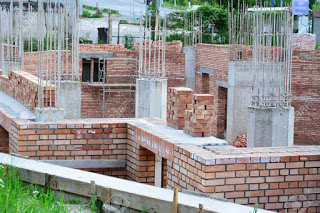
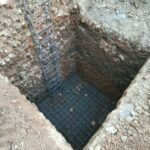

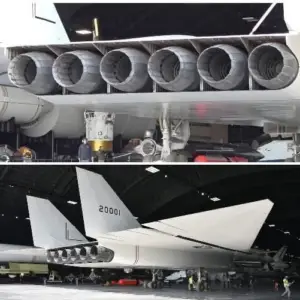

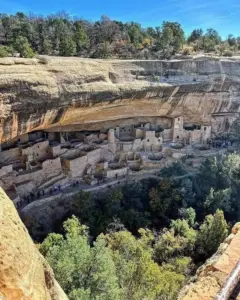
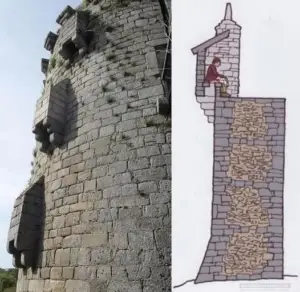


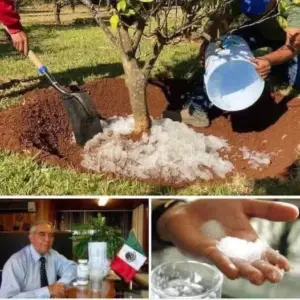

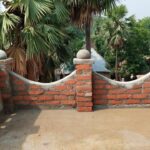





Nice article helpful to newbies
Nice article helpful to newbies